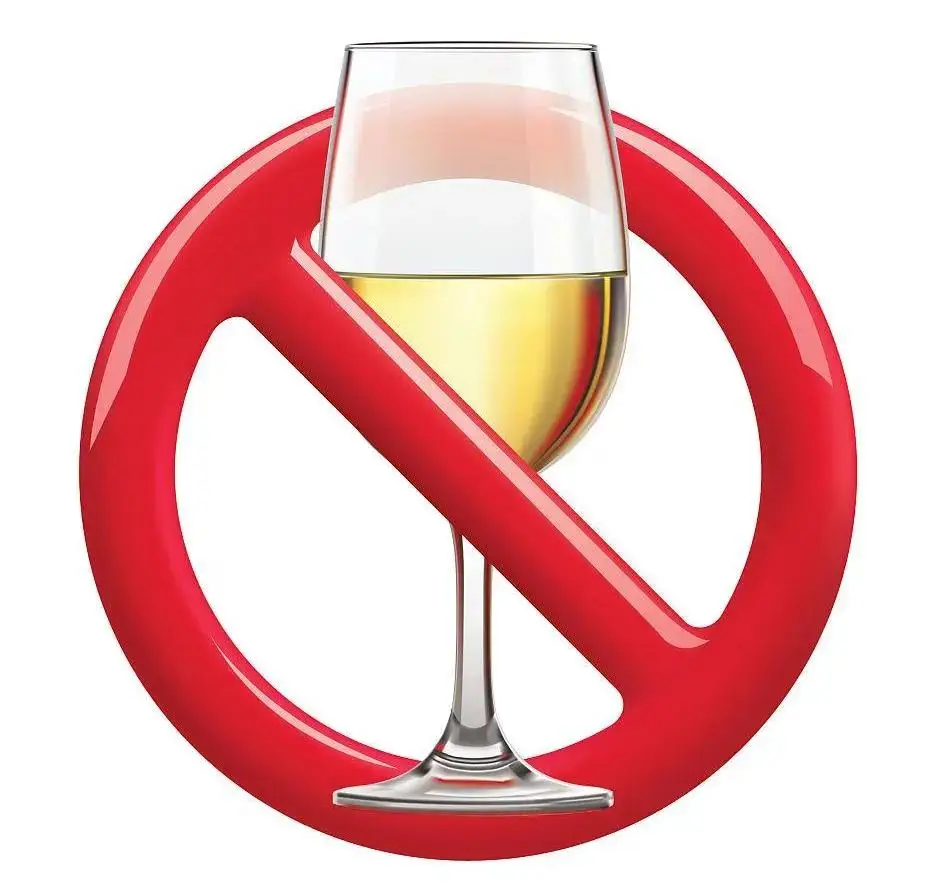How Alcohol Undermines Cancer Treatment: Why Quitting Improves Your Odds
Cancer is one of the most challenging diagnoses a person can face, and the journey through treatment is often grueling. While medical interventions like chemotherapy, radiation, and immunotherapy have advanced significantly, many factors can influence their effectiveness. One such factor, often overlooked, is alcohol consumption. Research increasingly shows that drinking alcohol during cancer treatment can reduce the efficacy of therapies, exacerbate side effects, and lower survival rates. For those undergoing cancer treatment, quitting alcohol may significantly improve their odds of successful recovery.
The Biological Impact of Alcohol on Cancer Treatment
To understand why alcohol interferes with cancer treatment, it’s essential to examine its effects on the body at a cellular level. Alcohol is metabolized in the liver, where it produces acetaldehyde, a toxic compound that can damage DNA and proteins. This process not only increases the risk of developing cancer but also complicates existing treatments. For instance, many chemotherapy drugs are processed by the same liver enzymes that break down alcohol. When alcohol is present, these enzymes may prioritize metabolizing alcohol over the chemotherapy drugs, leading to reduced drug efficacy. Essentially, the body becomes too busy processing alcohol to effectively utilize the life-saving medications.
Moreover, alcohol can interfere with the mechanism of certain treatments. Radiation therapy, for example, works by damaging the DNA of cancer cells. However, alcohol’s tendency to cause inflammation and oxidative stress can protect cancer cells from this damage, making radiation less effective. Similarly, alcohol can impair the immune system, which is critical for both traditional treatments and newer immunotherapies. By weakening the body’s natural defenses, alcohol creates an environment where cancer cells can thrive despite treatment.
Exacerbating Side Effects and Reducing Quality of Life
Cancer treatments are notorious for their side effects, which range from nausea and fatigue to more severe issues like neuropathy and organ damage. Alcohol consumption can intensify these side effects, making an already difficult process even more challenging. For example, alcohol is a known irritant to the digestive system. When combined with chemotherapy—which often causes nausea, vomiting, and mouth sores—drinking can worsen these symptoms and delay healing.
Dehydration is another significant concern. Both alcohol and cancer treatments can dehydrate the body, leading to complications like kidney stress and electrolyte imbalances. Fatigue, a common side effect of cancer therapy, can also be exacerbated by alcohol, which disrupts sleep patterns and reduces overall energy levels. By quitting alcohol, patients may experience fewer and less severe side effects, improving their quality of life during treatment.
Alcohol’s Role in Cancer Recurrence and Progression
Even after successful treatment, the risk of cancer recurrence remains a concern. Alcohol consumption has been linked to higher recurrence rates, particularly in cancers such as breast, liver, and colorectal cancer. Studies have shown that alcohol can promote the growth of new blood vessels that supply tumors—a process known as angiogenesis—effectively fueling cancer progression. Additionally, alcohol’s impact on hormone levels, such as estrogen, can create a favorable environment for hormone-sensitive cancers to return.
For survivors, maintaining a lifestyle that minimizes recurrence risks is crucial. Eliminating alcohol is a proactive step toward reducing these risks and supporting long-term health.
The Psychological and Emotional Benefits of Quitting
A cancer diagnosis often brings emotional turmoil, including anxiety, depression, and stress. While some may turn to alcohol as a coping mechanism, this can create a vicious cycle. Alcohol is a depressant that can worsen mental health issues over time, leading to increased feelings of isolation and hopelessness. Conversely, quitting alcohol can improve mental clarity, emotional stability, and overall well-being. Many patients report feeling more in control of their health and better equipped to face the challenges of treatment when they eliminate alcohol from their lives.
Support groups, counseling, and healthy alternatives like meditation or exercise can provide the emotional support needed during this transition. Embracing a sober lifestyle not only benefits the body but also strengthens the mind.

Practical Steps to Quit Alcohol During Cancer Treatment
Quitting alcohol is easier said than done, especially during the stress of cancer treatment. However, with the right strategies, it is achievable. First and foremost, patients should communicate openly with their healthcare team about their alcohol use. Doctors can provide resources, such as referrals to nutritionists or addiction specialists, and may adjust treatment plans accordingly.
Setting clear goals and seeking support from friends, family, or support groups can also make a significant difference. Additionally, replacing alcohol with healthier options like herbal teas, flavored water, or non-alcoholic beverages can help reduce cravings. Focusing on a nutrient-rich diet and staying hydrated can further support the body’s needs during treatment.
Conclusion: A Empowered Choice for Better Outcomes
The decision to quit alcohol during cancer treatment is not just about avoiding a harmful substance—it’s about actively empowering oneself to improve the odds of successful recovery. By understanding the profound ways in which alcohol undermines treatment, exacerbates side effects, and increases recurrence risks, patients can make informed choices that align with their health goals. While the journey through cancer is undeniably difficult, eliminating alcohol is a powerful step toward a brighter, healthier future. For anyone facing cancer, remember: every positive change counts, and quitting alcohol could be one of the most impactful decisions you make.




发表评论